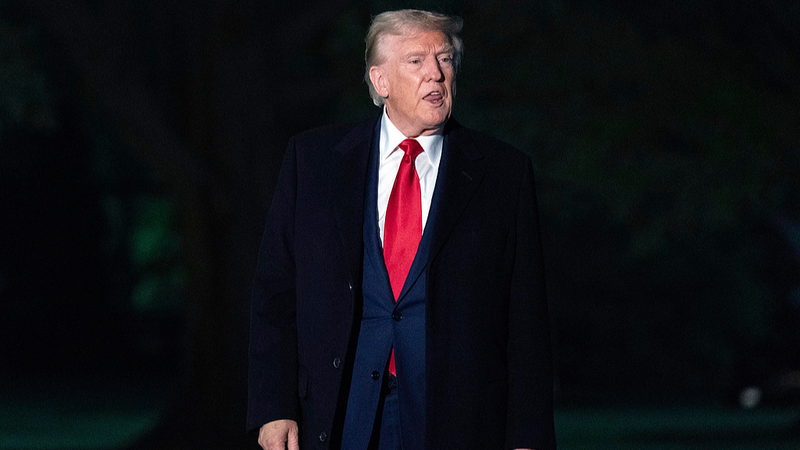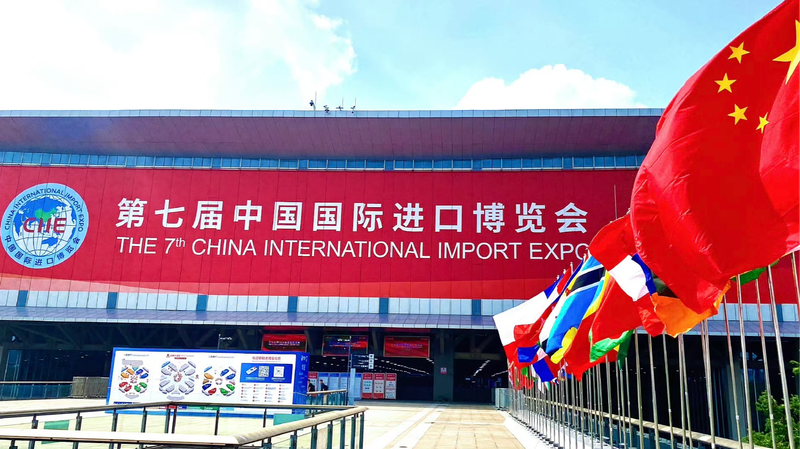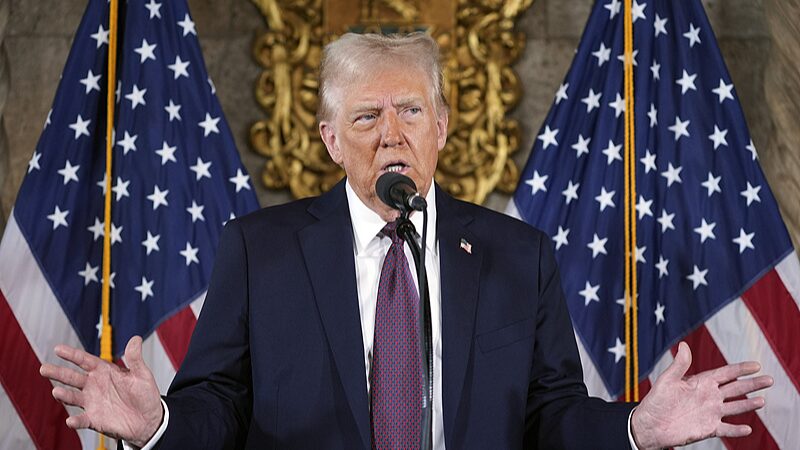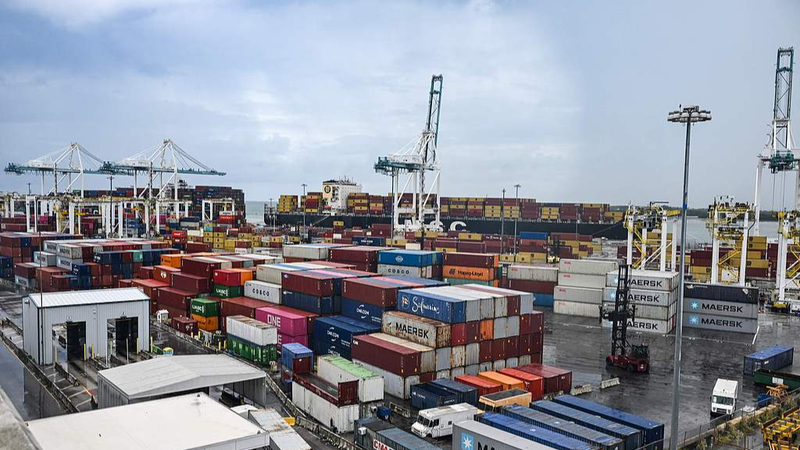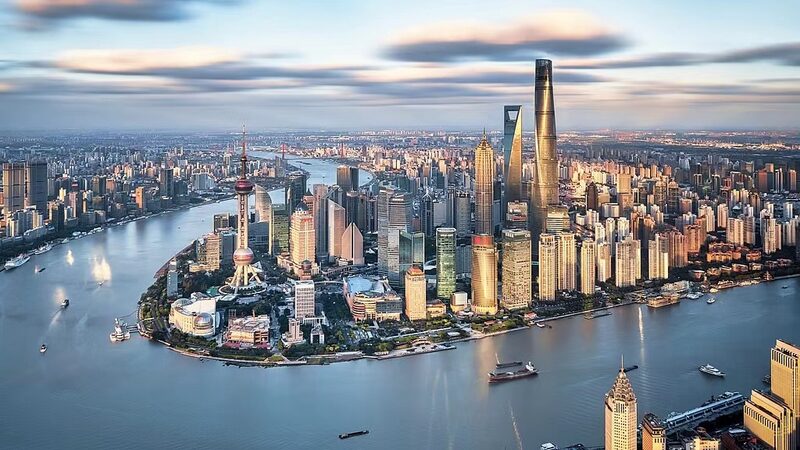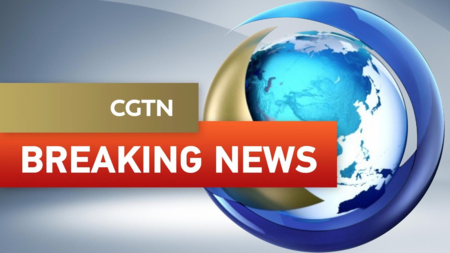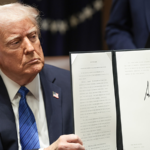The global economic landscape faces seismic shifts as renewed US tariff policies spark international backlash, with experts warning of accelerated moves toward a "de-Americanized" trade framework. Analysts suggest these developments could mark the most significant reconfiguration of trade alliances in nearly a century.
Economic Ripples Across Continents
The proposed 2025 tariff strategy has drawn criticism from multiple countries and economic institutions. JPMorgan recently elevated global recession probabilities to 60%, citing trade disruptions that recall the 1930s Smoot-Hawley Tariff Act’s catastrophic impact. Current policies impose a blanket 10% tariff on all US trading partners, with specific industries from the Chinese mainland facing rates up to 145%.
Historical Parallels Raise Alarms
Economic historians highlight parallels between current measures and protectionist policies that deepened the Great Depression, when global trade volumes plummeted 66% between 1929-1934. "This represents more than trade friction," noted one analyst. "We’re witnessing a fundamental challenge to multilateral systems that enabled post-war economic growth."
Search for Alternatives Intensifies
As dispute resolution mechanisms stall, multiple nations have begun exploring interim arbitration programs outside traditional frameworks. This evolving landscape presents both risks and opportunities for Asian economies positioned to strengthen regional trade partnerships.
Reference(s):
cgtn.com
